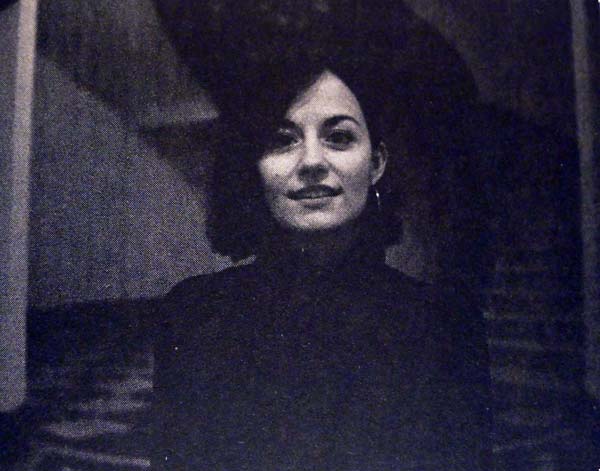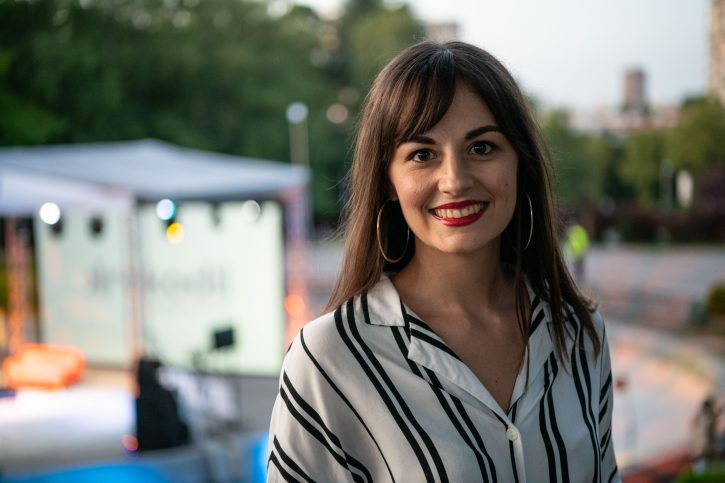


A volcanic eruption is quite another, for, as the journalist who does a framing voice-over narration for Brooks’ latest puts it, when Mount Rainier popped its cork, “it was the psychological aspect, the hyperbole-fueled hysteria that had ended up killing the most people.” Maybe, but the sasquatches whom the volcano displaced contributed to the statistics, too, if only out of self-defense. As children, Sara relied on Lejla as an ally: “She transformed two separate individuals into the two of us, something ours, indivisible, strong, and sinewy, spiteful before the whole universe,” yet after 12 years she is confronted with how they’ve grown up, apart.Ī moving exploration of how perspective characterizes friendship, sometimes to a fault.Īre we not men? We are-well, ask Bigfoot, as Brooks does in this delightful yarn, following on his bestseller World War Z (2006).Ī zombie apocalypse is one thing. As the two travel north, Sara has to reconcile her memories (and her desire to fit them into a narrative) with the reality of adult Lejla. It becomes clear that her youthful perception of this influence may not be entirely accurate. She refers to Lejla’s “subtle violence” and the ways Lejla influenced her behavior. Their friendship was important but also damaging to Sara because of the way she internalized this comparison.

“Even now,” Sara says, “within this text, I can almost feel her fidget.” The bookish Sara has always defined herself in contrast to the wild Lejla, even when the contrast exists entirely in her own mind.

Lejla always pushed Sara beyond her comfort zone, and she resists easy characterization on the page. She is three hits on the keyboard.” The two friends journey together to Vienna to search for Lejla’s brother, reconstructing their shared past and reconciling their differing memories of childhood events as they go. Sara narrates the story as a marginally fictionalized tale of her reunion with the reckless Lejla: “ I am the one telling the story. Twelve years after their last interaction, Sara-who now lives in Dublin-receives an urgent phone call from her friend and returns to Bosnia to help Lejla find her exiled brother, Armin. Translated from Serbo-Croatian to English by Bastašić herself, this tale explores the relationship of Sara and Lejla, childhood friends who grew up amid the dissolution of the former Yugoslavia. A Yugoslav-born writer’s debut novel is a tale of fraught female friendship.


 0 kommentar(er)
0 kommentar(er)
